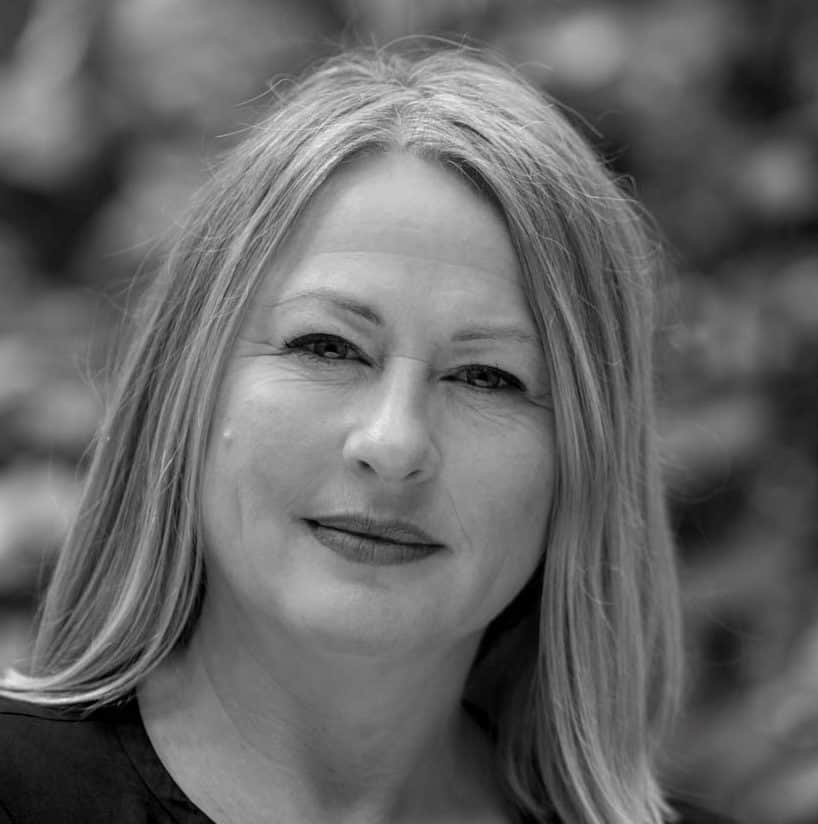Currently living in the Waitākere Ranges, being right in the midst of kauri dieback was a huge motivation for Marion to join the Ngā Rākau Taketake team. Originally hailing from the UK, Marion completed her PhD there before moving to Aotearoa New Zealand for her postdoc in Tāmaki Makaurau/Auckland.
Marion joined Plant and Food Research, working in the kiwifruit industry before taking some time to raise her two daughters. Upon her return, she received funding from Better Border Biosecurity to develop sensors for detecting pathogens in kiwifruit plants.
The Control, Protect, Cure investment aims to bring together research from across Ngā Rākau Taketake to develop a suite of tools and approaches for saving our ngahere (forest) from myrtle rust and kauri dieback.
Marion is very excited to become a co-lead of the Control, Protect, Cure investment as she loves to see the application of science and the effects it can have. In particular, she is looking forward to bringing together all of the amazing ideas for tools that can be adopted in the fight against kauri dieback.
The close connection with mātauranga Māori within Ngā Rākau Taketake was also a major drawcard for Marion, who is looking forward to “stronger alignment and appreciation for mātauranga, and coming up with useful strategies and tools for use from backyards to agriculture.”

As a people person, Marion likes the idea of bringing together diverse groups where they can combine their expertise for a common goal. Her previous fieldwork experience looking into pathogens will also provide an important skillset for this investment.
One of Marion’s main goals for the investment is to develop sensors for detecting kauri dieback, a project which her previous experience doing the same for kiwifruit will provide crucial expertise for. This project will be done in collaboration with professors David Williams and Jadranka Travas-Sejdic from the University of Auckland.
In her spare time, Marion enjoys getting outside with her family. They’re aiming to complete Aotearoa’s great walks, and so far have the Abel Tasman and Heaphy tracks under their belts.
Marion feels she is very lucky to live in Aotearoa, and wants to play a part in preserving it for her daughters to enjoy as well. Being able to see the effects of kauri dieback from her bedroom window, Marion says she “can’t just stand by and watch it happen – we’ve got to be proactive.”